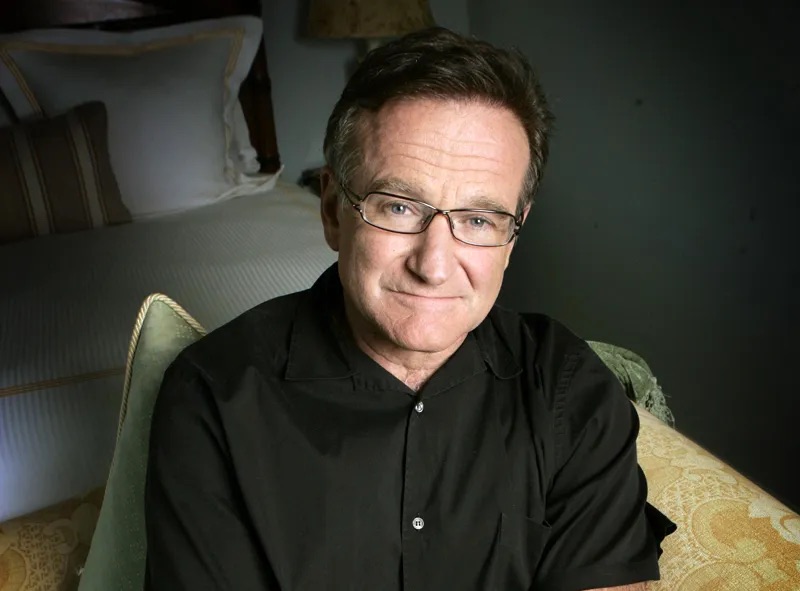Lena Dunham has made a bold transition from the bright lights of New York City to the streets of London, where she found inspiration for her new Netflix rom-com, "Too Much." Known for her critically acclaimed series "Girls," Dunham's latest creation follows Jessica, played by Megan Stalter, who moves to London after a breakup and begins a new romance with punk musician Felix, portrayed by Will Sharpe.
Dunham describes "Too Much" as having “superficial similarities” to her life. Although she regards it as only "about 5% autobiographical," she explained that Jessica was crafted with Megan in mind rather than being a reflection of herself as in the past. Stalter articulates a thematic shift, contrasting the exploration of sex in "Girls" with a more mature focus on love in "Too Much."
Body image has been a significant part of Dunham's journey, as she has faced intense scrutiny over her appearance during "Girls." In an interview, she expressed that the pressures of being observed had led her to prefer creative work behind the camera, emphasizing that society still battles deep-rooted fatphobia, among other issues. Since undergoing a hysterectomy due to her endometriosis, Dunham has redefined her relationship with her body, fostering an appreciation for her appearance independent of societal expectations.
Having spent over a decade in the public eye, Dunham reflects on her earlier controversies with a newfound perspective, acknowledging that acknowledging one's complexities is crucial, yet challenging during the tumultuous 20s. She candidly shares her growth, wishing she had prioritized understanding her own desires amidst the cloud of cultural pressures.
"Too Much," which Dunham co-wrote with her husband musician Luis Felber, is characterized by its authenticity and grounded storytelling. Set to premiere on Netflix on July 10, it promises to resonate with audiences navigating the complexities of romance and self-identity—topics that Dunham believes have evolved significantly in recent years.
As Dunham offers dating advice, she encourages young women to focus on understanding their desires rather than conforming to external expectations. With a cast that connects personally to their roles, both Sharpe and Stalter echo Dunham's sentiments, pointing out the vulnerabilities and baggage that accompany new relationships.
In concluding her reflections, Dunham confirms that "Too Much" isn't just a romantic comedy; it's a conversation about personal resilience and growth that will surely resonate with many viewers.





















